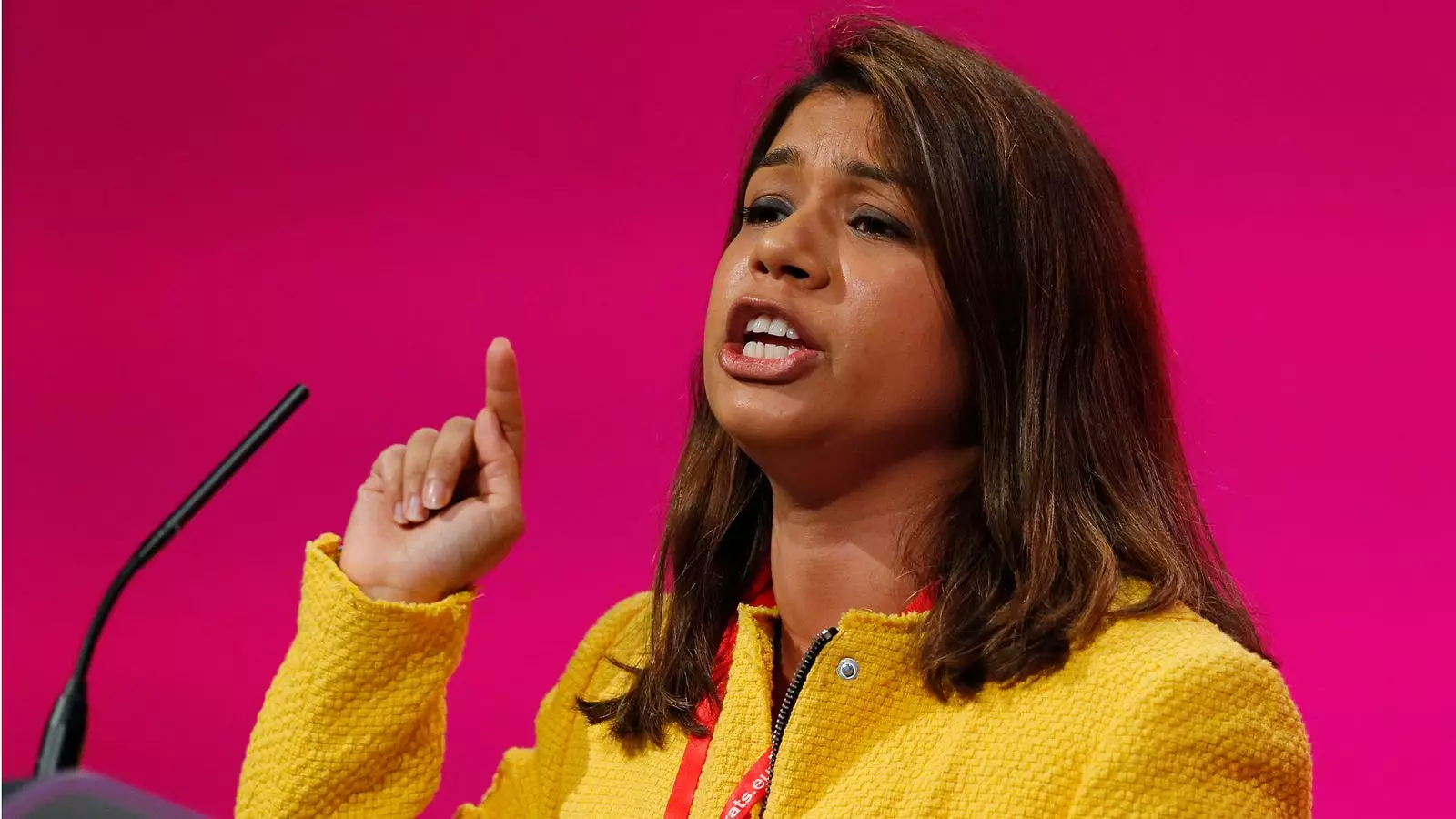The recent allegations against Tulip Siddiq, the British MP serving as Bangladesh’s anti-corruption minister, have emerged as a critical juncture for political integrity in both her home constituency and in her ancestral nation. Siddiq has been named in an affidavit filed by the Bangladesh Anti-Corruption Commission (ACC), which purports that she unlawfully influenced the allocation of land in the Purbachal New Town Project to her family members during her tenure as an MP. This revelation raises salient questions about the integrity of political figures who occupy dual roles across different geopolitical landscapes.
While Siddiq vehemently refutes these charges, asserting that she has yet to be directly contacted about the ongoing investigations, the implications of these allegations are profound. They go beyond individual culpability; they strike at the heart of the anti-corruption narrative that Siddiq has championed. The ACC’s claims suggest a nefarious collusion that potentially undermines her authority and credibility as a minister responsible for tackling corruption.
The affidavit discloses that Siddiq allegedly leveraged her political ties, particularly her relationship with her aunt, Sheikh Hasina, the former Prime Minister of Bangladesh, to facilitate the allotment of plots to her close family. This allegation, combined with the notion of bribed planning officials, paints a troubling picture of a corrupt network within which Siddiq might be enmeshed. Such dynamics could potentially foster a culture where political influence trumps the rule of law, thereby impeding genuine reform efforts in a country that struggles with systemic corruption.
This situation raises concerns about the broader systemic issue of nepotism and favoritism that often tarnishes political offices. Critics point out that if high-ranking officials can manipulate systems for personal gain without accountability, the implications for governance in both Bangladesh and the UK could be dire.
The backdrop of this controversy is heightened by the ongoing political unrest in Bangladesh, where Sheikh Hasina’s party has faced allegations of corruption and crimes during its governance. Protests in August led to Hasina’s resignation and flight from the country, igniting a broader discourse about governance, accountability, and the efficacy of political institutions. Tulip Siddiq’s association with her aunt’s administration becomes a focal point in this narrative, placing her under a level of scrutiny that complicates her role as an anti-corruption crusader.
What is particularly noteworthy is the political context of these allegations. Bobby Hajjaj, a political adversary of Siddiq’s family, has been linked to both the allegations of embezzlement from a nuclear power project and the apparent targeting of Siddiq. This suggests that political rivalries could play a significant role in how these allegations are constructed and presented. Thus, one must consider the element of political motivation behind such accusations, which invites further investigation into the timing and credibility of the claims made against Siddiq.
In light of these developments, there has been increasing pressure from various quarters for Siddiq to step back from her ministerial role, particularly her responsibilities toward money laundering and economic crimes. The UK Anti-Corruption Coalition, among others, has publicly stated that her ongoing tenure raises conflicts of interest that must be addressed. The coalition’s concerns underscore a pivotal dilemma faced by the new government: how to navigate the treacherous waters of public trust amid a backdrop of burgeoning claims of corruption and political manipulation.
This moment serves as a litmus test for the government’s commitment to its anti-corruption agenda. If those in positions of authority cannot exemplify ethical standards, it could undermine public faith and the efficacy of any anti-corruption measures. In a time when political integrity is under intense scrutiny, leaders must remain vigilant against corrupt practices, ensuring that they not only advocate for reform but are themselves exemplars of that reform.
The allegations against Tulip Siddiq represent a complex intersection of personal, familial, and political narratives that could reshape the discourse surrounding corruption in both Bangladesh and the UK. As investigations continue, it remains vital for the authorities to maintain transparency and accountability, reinforcing the moral backbone necessary for restoring faith in political institutions.



Leave a Reply